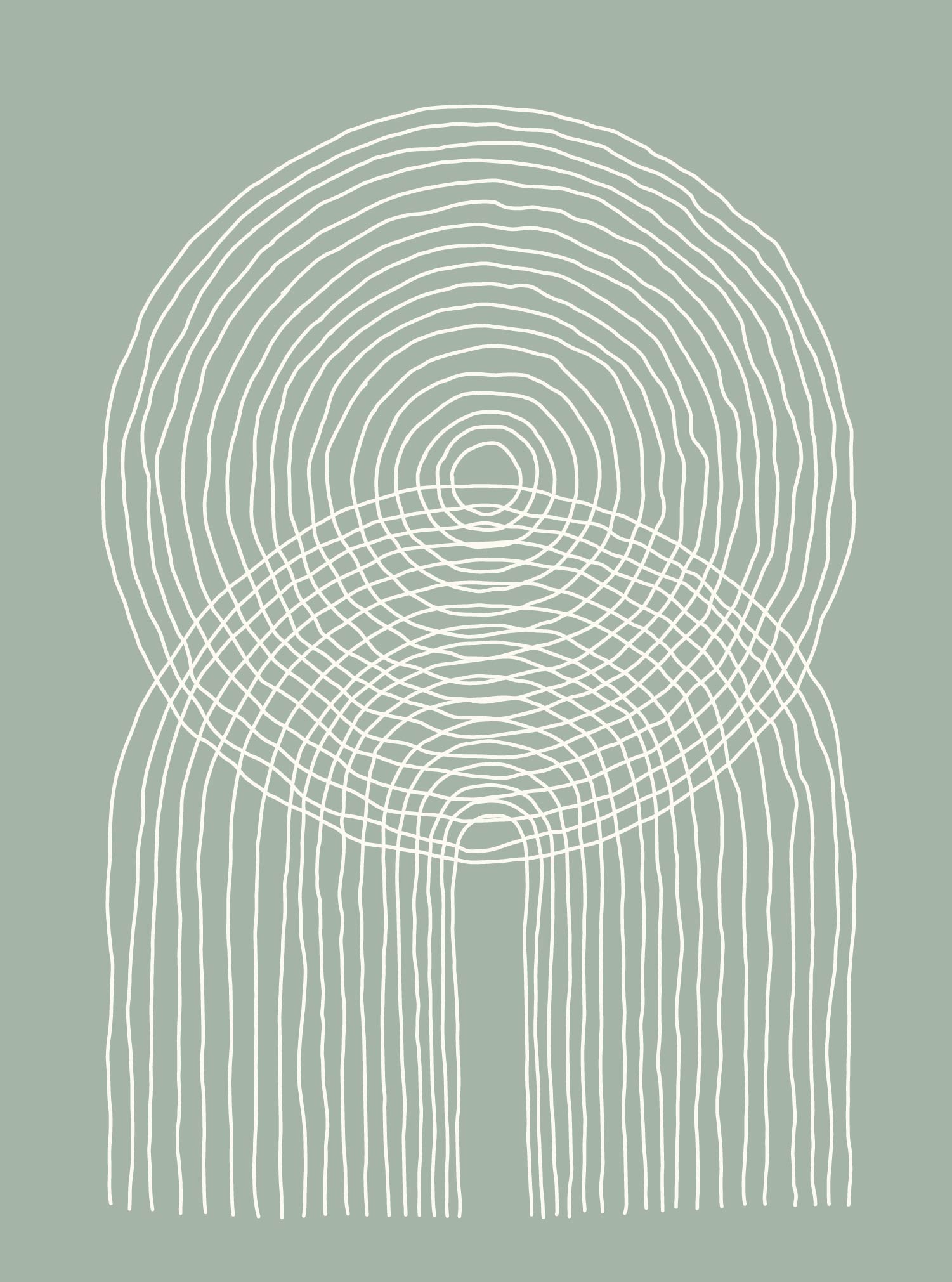Practicing self-compassion is akin to offering the same kindness and support to oneself as one would to a loved one. Think back to a time when someone close to you was going through a difficult situation and you responded with empathy and care. Self-compassion means extending the same understanding and gentleness towards oneself. It involves letting go of self-judgment and negative self-talk, and instead, treating oneself with kindness and acceptance. It is acknowledging that you don’t have to be perfect.
Below are the three elements of self-compassion by Dr. Kristin Neff :
1. Self-kindness versus Self-judgment:
Pain is an inevitable part of life. No matter how hard we try, we cannot always be the perfect version of ourselves or achieve every goal we set. Loss, illness, and dissatisfaction are all common experiences. However, the way we respond to this pain can either lead to suffering or greater emotional balance and resilience. Fighting against the unavoidable pain only leads to stress, rumination, low mood, and self-criticism. On the other hand, accepting the reality with kindness and friendliness can help us achieve greater emotional balance and resilience. When we embrace our imperfections, failures, and difficulties, we become stronger and better equipped to work towards our goals. Being gentle with ourselves during times of pain is the strongest and healthiest attitude we can adopt.
2. Common Humanity versus Isolation:
When we compare our lives to an idealized version or experience a painful event, we often feel a sense of isolation. Thoughts like “Everyone else has a perfect life except me” or “Something is missing in my life” or “I am so unlucky” can easily arise. However, upon closer inspection, these thoughts are not accurate. Human life is temporary, and everyone is mortal. We are all vulnerable and experience pain in our lives. Pain is a shared experience that is common to all humans, and there is no hierarchy in suffering. We cannot compare our pain to that of others. By recognizing our common humanity, we can acknowledge that pain, vulnerability, and unwanted experiences are all part of the human experience. Someone somewhere has gone through a similar painful situation to ours. We are not alone.
3. Mindfulness over Identification
Mindfulness is the intentional and non-judgmental observation of present-moment experiences, including bodily sensations, emotions, thoughts, and impulses. It involves developing an awareness of what is happening without clinging to or rejecting any experience. By accepting our experiences, we can cultivate self-compassion and avoid getting caught up in negative reactions or self-pity. Mindfulness also involves recognizing the impermanent nature of our experiences, which can help us avoid over-identifying with them and maintain a sense of equanimity.





